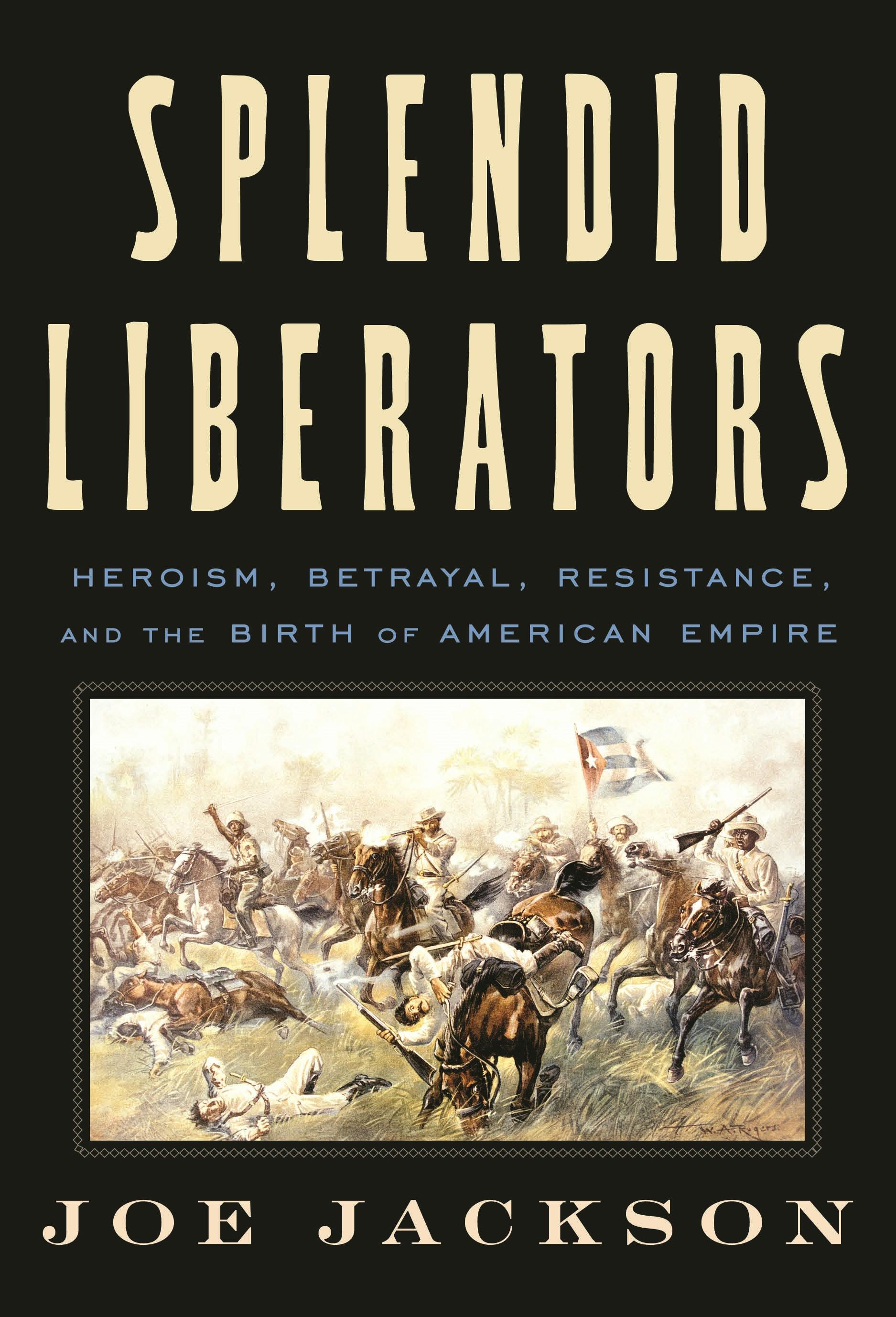The United States was born in revolt; it survived the cataclysmic rebellion of 1861-1865. But not until the conflict in Cuba and the Philippines did America’s love of war become so bold that one can track the transformation. On June 2, 1897, Theodore Roosevelt told students of the Naval War College: “All the great masterful races have been fighting races, and the minute that a race loses the hard fighting virtues, then…no matter how skilled in commerce and finance, in science or art, it has lost its proud right to stand as the equal of the best. No triumph of peace is quite so great as the supreme triumphs of war.” The speech was published to glowing reviews and would be, in one form or another, justification for military buildup throughout the twentieth and twenty-first centuries.
With the events in Cuba and the Philippines, the United States increasingly became a “culture of war” with a sense of global purpose, prone to jingoistic eruptions. The rhetoric of war became that of patriotism: “God has not been preparing the English-speaking and Teutonic peoples for a thousand years for nothing but vain and idle self-contemplation and self-admiration,” claimed the Roosevelt ally Albert Beveridge. “No, he has made us the master organizers of the world” in order to govern “savages and senile peoples.” Even the Pulitzer Prize-winning newspaper scribe William Allen White would rationalize the change: “It is the Anglo- Saxon’s manifest destiny to go forth in the world as a world conqueror. He will take possession of all the islands of the sea. He will exterminate the peoples he cannot subjugate. That is what fate holds for the chosen people. It is so written. Those who would protest will find their objections overruled. It is to be.”
The culture of war became indelible: a new Orwellian world in which, according to Paul Fussell, war becomes “peacekeeping” and the acceptance of any act “in the name of freedom” a citizen’s duty. “Those who challenged the authenticity of American altruism were by definition evil-doers and mischief makers,” observed the historian Archibald Cary Coolidge. “So fully were Americans in the thrall of the moral propriety of their own motives as to be unable to recognize the havoc their actions often wrought on lives of others.”
It’s easy for moral certitude and blindness to be one. At its heart lay a darker certainty: those who needed our help were lesser beings—because they were not American. It lay in the order of things that they accept American guidance; dissenters were not only misguided but corrupt, and thus enemies. The myth plays out often—in my life, from the Bay of Pigs to Vietnam, Iraq, and Afghanistan. The leaders we elect always act surprised when things go awry.
